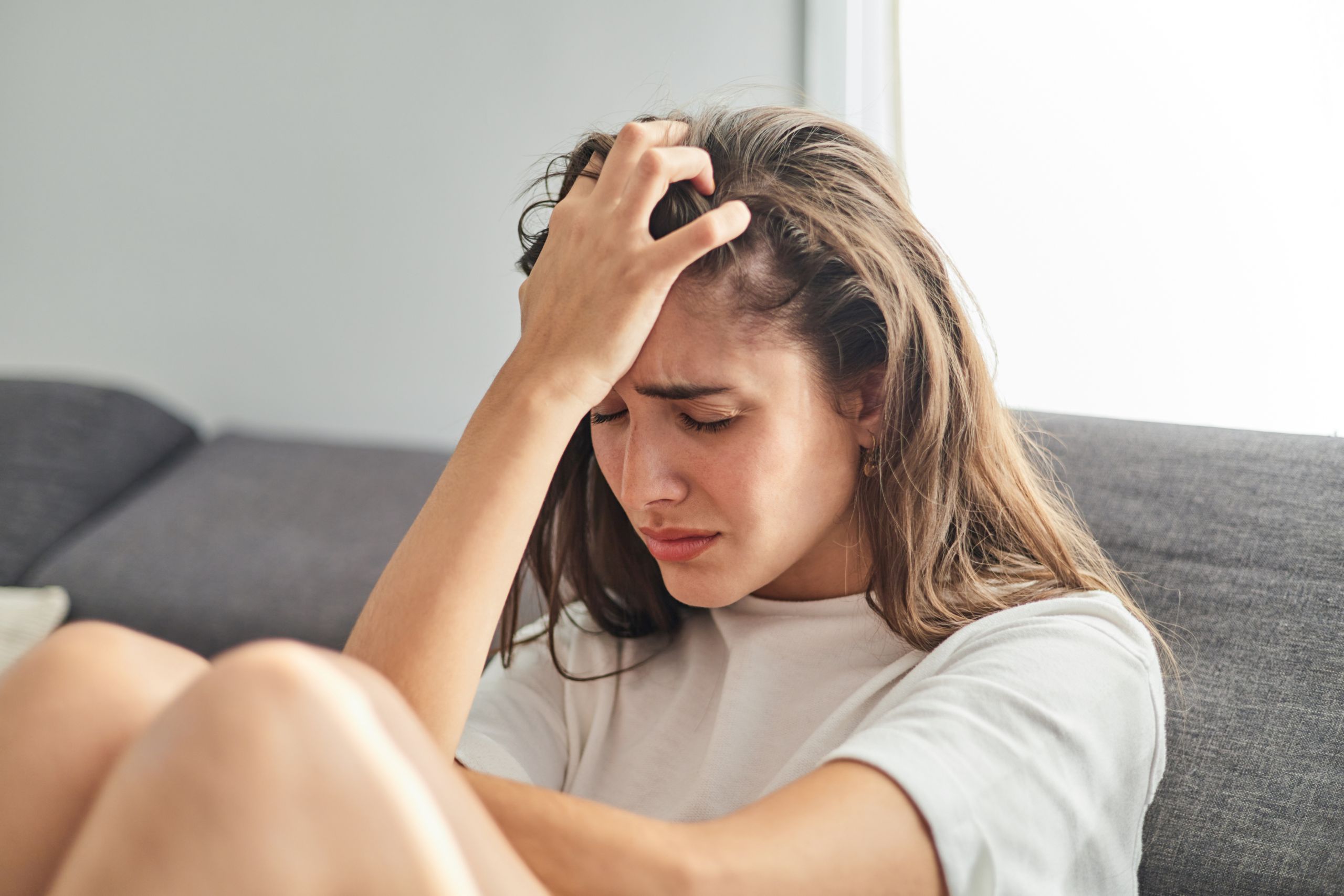
Medication and therapy are two of the most common elements of care for people who have depressive disorders. If these approaches haven’t worked for you, or if you’d like to augment your care with alternative ways to treat depression, you have a variety of options to choose from.
If you or a loved one are struggling with depression give us a call today or schedule a free consultation now to begin your journey to a happier, depression free life! If you are unsure if depression is what you are struggling with take our “Am I Depressed?” quiz to get answers now!
Why Choose Alternative Treatments For Depression?
The good news about depressive disorders is that they are treatable conditions. The not-so-good news is that for many people, traditional treatment doesn’t provide the relief they were hoping for.
Research indicates that as many as 46% of people who receive medication and therapy for depressive disorders don’t fully respond to these types of treatment. This number includes 12%-15% of patients who experience partial improvements and 19%-34% who show no improvement whatsoever.
Clinicians refer to these cases as treatment-resistant depression, or TRD. Efforts to develop more effective options for people with TRD have resulted in the emergence of several alternative ways to treat depression.

Four Alternative Ways to Treat Depression
Most alternative ways to treat depression – including the four we discuss below – are designed to complement, not replace, therapy and medication.
1. Transcranial Magnetic Stimulation
Commonly referred to as TMS. Transcranial magnetic stimulation is a non-invasive procedure that uses repeated electromagnetic pulses to stimulate nerve cells in areas of the brain that may be associated with symptoms of depression and some other mental health concerns.
During a TMS session, you will recline in a comfortable chair while your therapist places a magnetic coil against your scalp. This coil is often contained in a cap or helmet.
When the TMS device is activated, brief pulses will travel from the coil through your skull. Reaching a few centimeters into your brain. When they reach your brain, the electromagnetic pulses will be converted into miniscule electrical currents. Experts believe that these currents can prompt nerve cells to release neurotransmitters that can alleviate some depression symptoms.
While this is occurring, you will hear a clicking sound and may feel a light tapping, but any discomfort should be minimal. Throughout the procedure you will remain awake and alert, with no sedation or anesthesia required.
2. Ketamine Therapy
In the past few years, few (if any) alternative ways to treat depression have received more interest and acclaim than ketamine has. Once primarily viewed as a dangerous recreational “club drug,” ketamine has shown great promise as a beneficial medication for people with TRD and a variety of other mental health concerns.
Ketamine therapy for depression usually occurs in one of two ways:
- Spravato treatment: Spravato is the brand name of a nasal spray that contains a ketamine variant called esketamine. The U.S. Food and Drug Administration (FDA) approved Spravato in 2019 for use in conjunction with a traditional antidepressant. If you take Spravato as part of your depression treatment. You will self-administer the nasal spray in your doctor’s office or at the center where you’re receiving care. Currently at Atlanta Integrative Psychiatry we currently offer Spravato treatments as a form of ketamine therapy.
- Ketamine infusions: This type of treatment involves the intravenous (IV) administration of ketamine. A typical ketamine infusion session lasts about 45 minutes. After which you will usually need to remain under supervision for another 30 minutes or so. Depending on a variety of individual factors, you may receive up to six infusions over a period of a few weeks.
Several studies have documented the effectiveness of ketamine for depression.
3. Nutrition Education
If you don’t pay appropriate attention to your eating habits, the relationship between depression and diet can send you into a downward spiral.
When you’re in the midst of a depressive episode, you are less likely to focus on eating healthy foods. This may be due to several factors, including appetite loss, fatigue, or lack of motivation.
Whatever the cause, eating poorly can make it more difficult for you to manage your symptoms. This can amplify your psychological distress, which can further undermine your ability to follow a nutritious diet plan.
Nutrition education can help you make the essential dietary changes that can elevate your mood and ease depressive symptoms. Facets of nutrition education for depression can include learning how to identify, shop for, and prepare the foods that can improve your mental health.
This service can also teach you techniques for maintaining your healthy diet. Even on the days when your symptoms are at their most severe and your energy levels are at their lowest.
4. Genetic Testing
The medication component of treatment for depression often involves periods of trial and error. Different medications affect different people in different ways. So it can take some time to find the right med at the right dosage level for you.
Genetic testing can streamline this process by using your DNA profile to identify which types of medications are most and least likely to help you.
As with the other alternative ways to treat depression that we’ve discussed in this post. Genetic testing does not eliminate the need for therapy or medication. Instead, it can help your provider identify the pharmacological options that are right for you.
Explore Alternative Ways to Treat Depression in Atlanta
If you would like to incorporate alternative approaches into your depression treatment, Atlanta Integrative Psychiatry may be the ideal place for you.
A small team of professionals at our depression treatment center in Atlanta, Georgia, provides you with customized, patient-focused care. We will take the time to get to know you as a unique individual. So that we can identify the full scope of your needs and select the services that are best for you.
Throughout your time with us, you will be in a safe place where you can expect to be treated with the compassion and respect you deserve.
To learn more about how we can help you or a loved one schedule a free assessment or call us now to begin the process!





